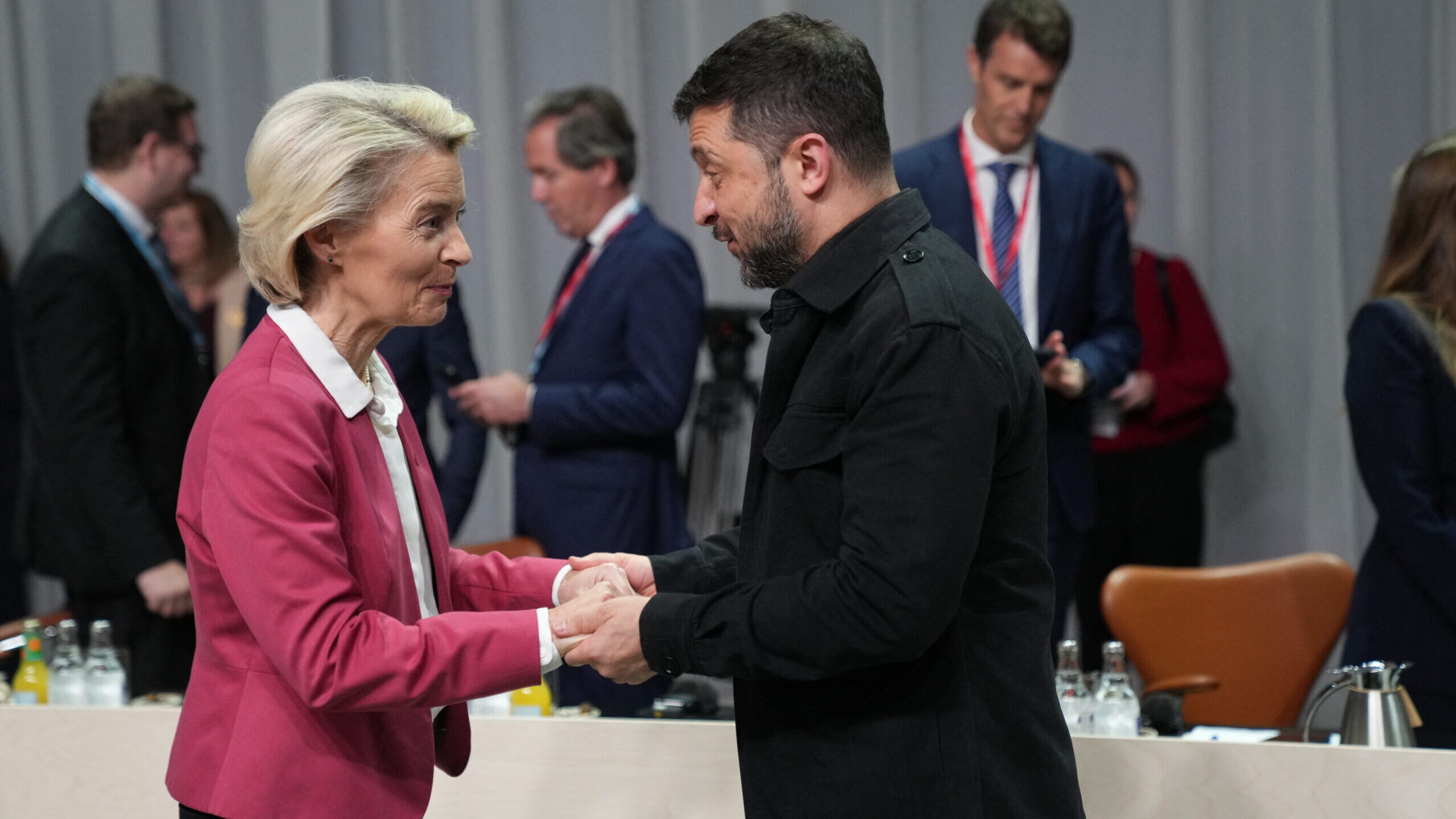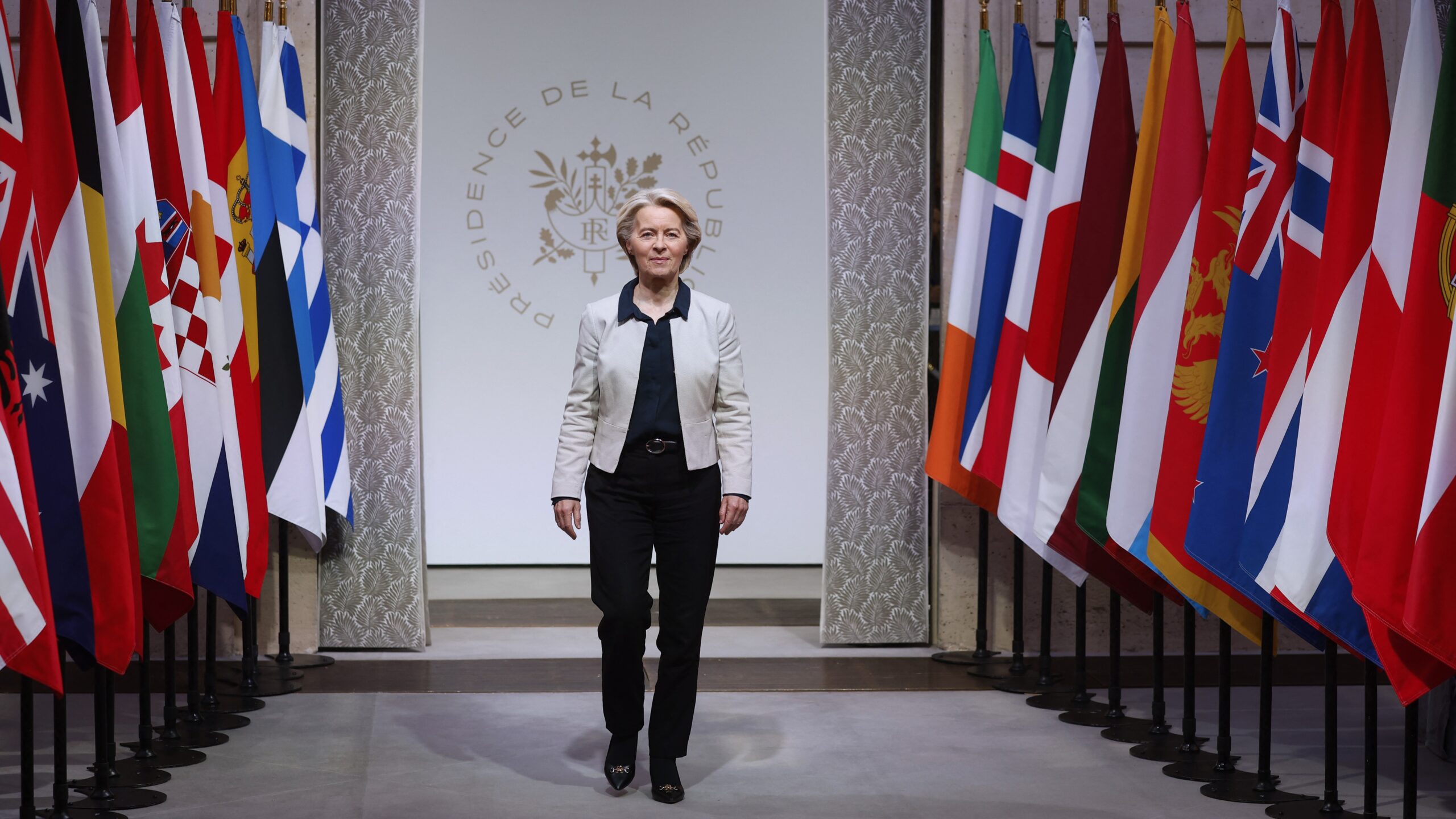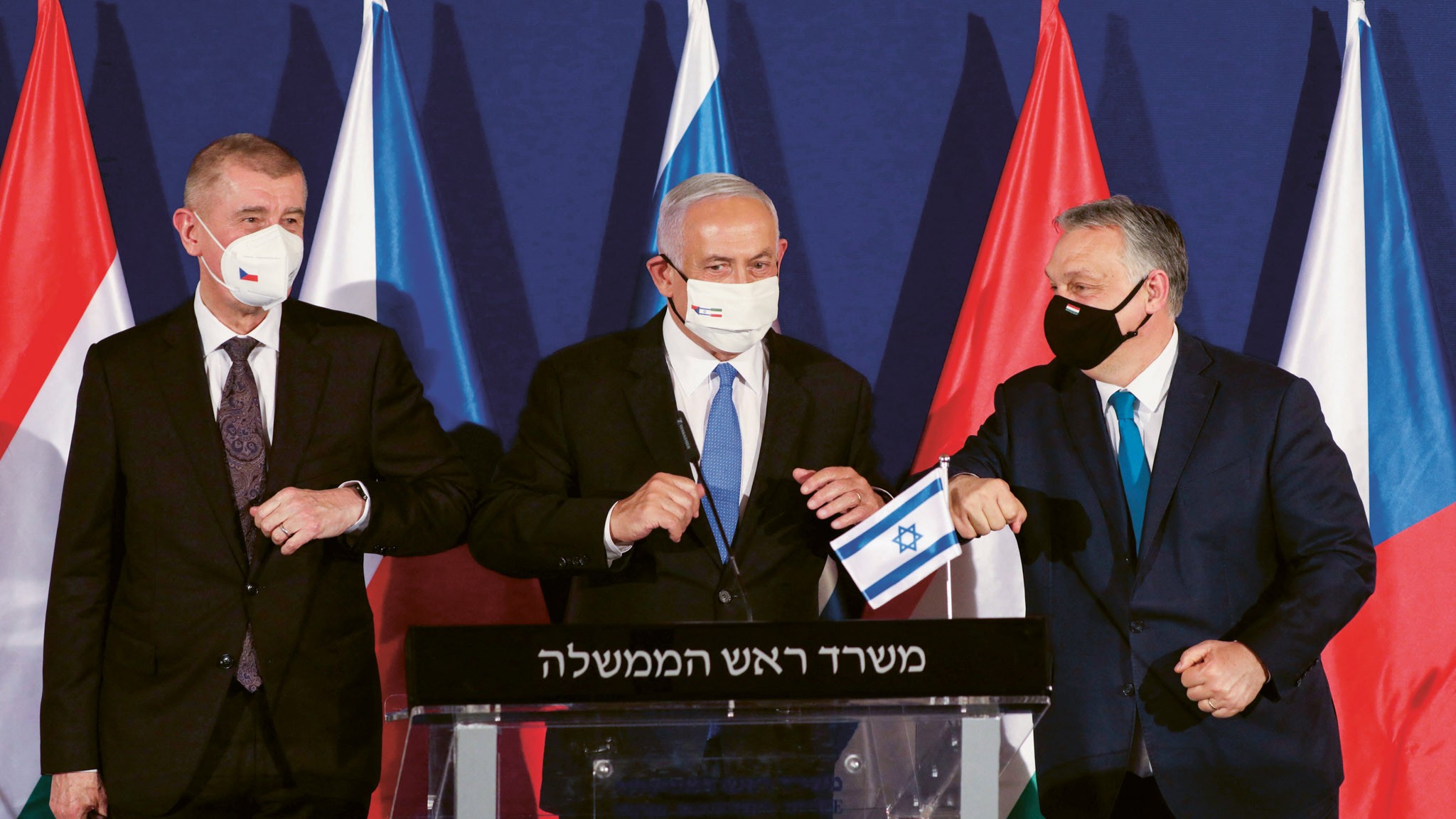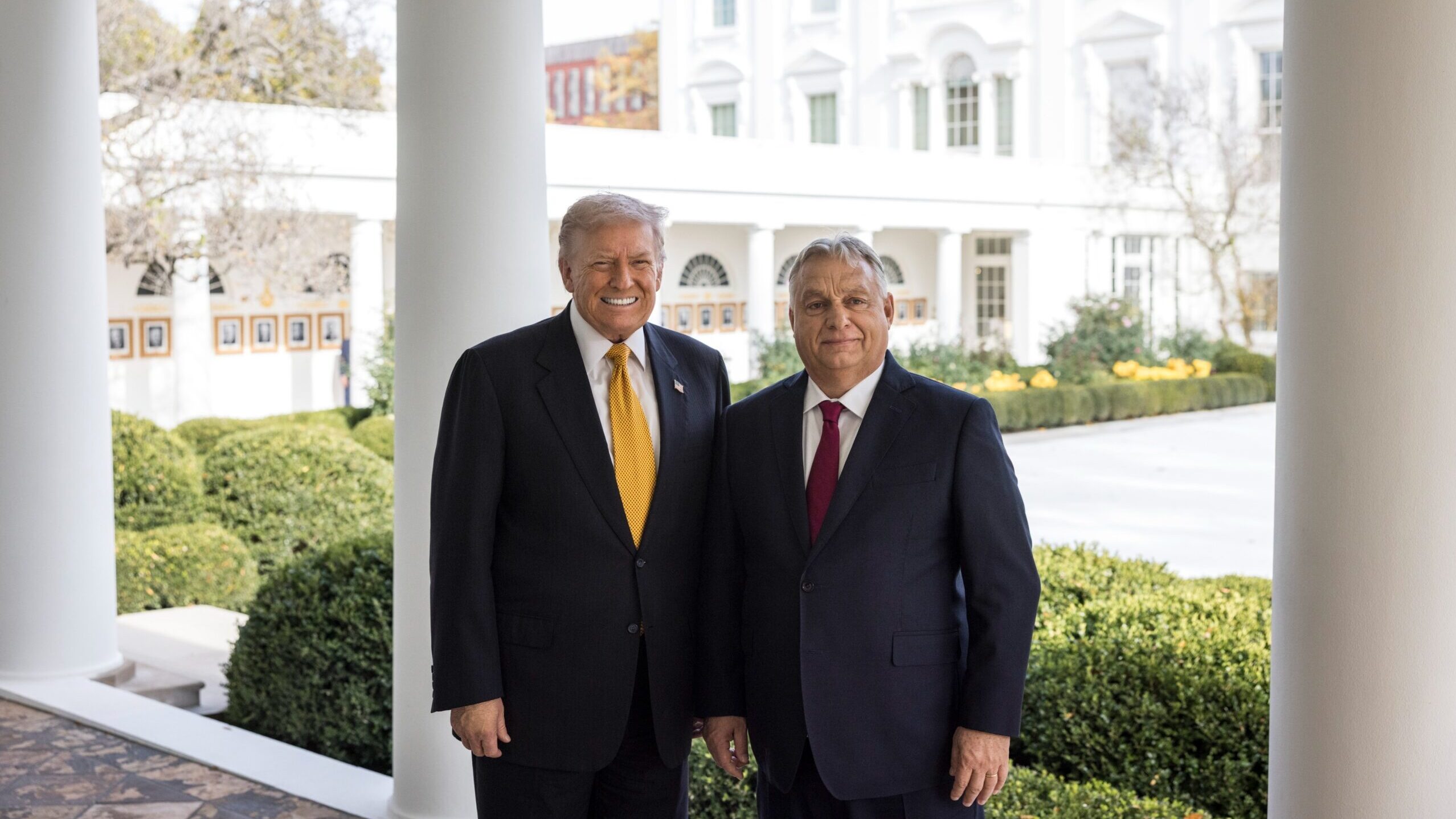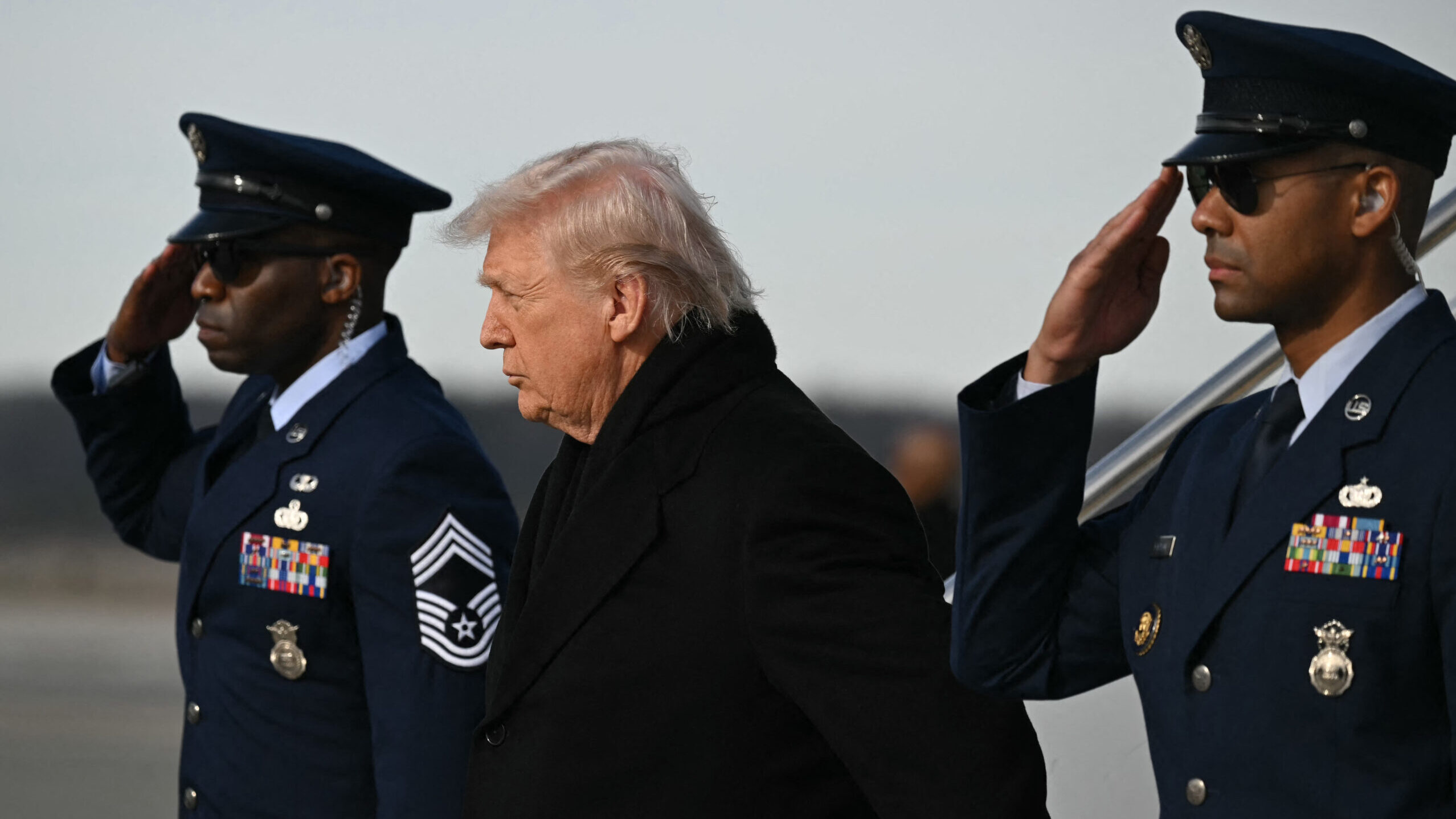
70 Per Cent of Venezuelans Think the Country Will Be Better Off after Maduro Capture
According to a new poll released by The Economist, over 70 per cent of Venezuelans think that the political situation will be either a little or much better in their country within 12 months of President Maduro’s capture, while over 50 per cent outright approve of the US military’s operation.

